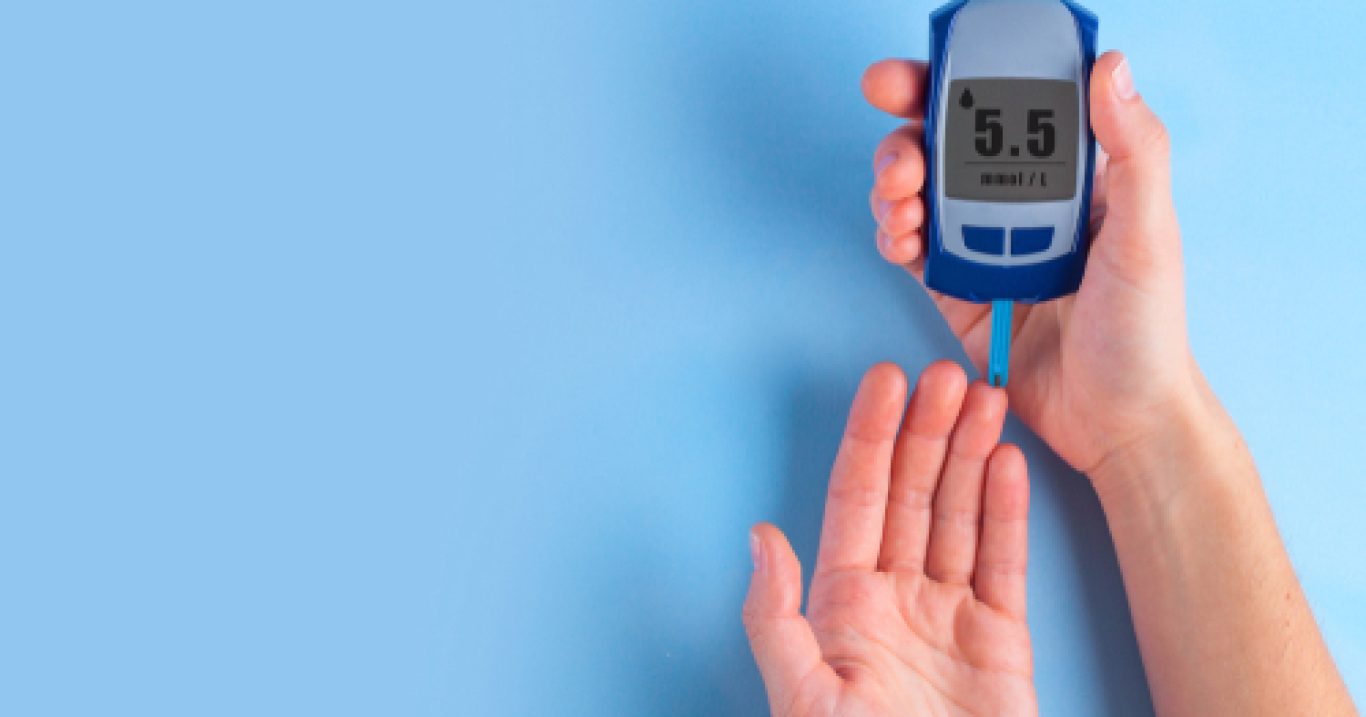Investigators need to step up patient adherence: Consumer Health Information

Poor patient adherence to medication in clinical trials may be aggravating the risk of unexpected toxicities from prescription drugs that have been on the market for years, warn US-based adherence specialists Consumer Health Information Corporation.
Over the past 10 years, the US Food and Drug Administration (FDA) has withdrawn from the market, or halved the doses of, several established prescription medicines in response to unexpected adverse events, notes Consumer Health’s president and chief executive officer, Dr Dorothy Smith.
At the same time, patient adherence to medication in the general population has improved due to media attention and better patient education from health professionals.
To explore this discrepancy further, Smith reviewed the last 20 years of patient-adherence research in clinical trials.
Among her “shocking” findings was that, between 1997 and1999, patient adherence was not monitored in 53% of clinical trials. And many of the ensuing drugs are still on the market, Smith pointed out.
She also found that:
• Up to 30% of patients in clinical trials do not take the full dose of the study drug.
• Study participants cannot understand 35%-94% of informed-consent documents.
• At least 50% of participants do not tell the study team they have missed
doses.
• Many patients in clinical trials do not realise that missing doses could endanger the lives of millions of people once the drug is approved.
• If poor patient adherence goes undetected in clinical trials, it may result in drug doses that are inaccurate or too high.
Unexpected adverse drug reactions and toxicities could occur if patients in the general population are more adherent to medication than those used to test the drug in clinical trials, Smith warned.
She urged clinical investigators to:
• Develop a patient-adherence strategy for each study and integrate behaviour modification into that strategy.
• Determine how many doses of each study drug can be missed without jeopardising the therapeutic outcome.
• Include patient adherence results as one outcome of the clinical trial and publish them in the package insert.
• Create informed-consent and patient-friendly programmes that make it easier for patients to take the study drug.
• Gain the trust of patients, so they will provide honest feedback about any problems they had taking the study drug.
“Patient adherence in clinical trials must always be higher than that of the general population,” Smith commented.
“Our challenge is to get patient adherence in clinical trials up to 95% so patients can be assured it is safe to take the FDA-approved dose.”










